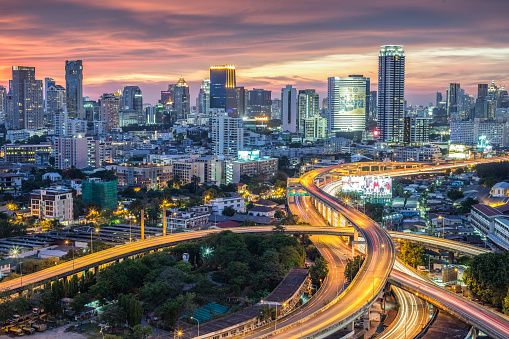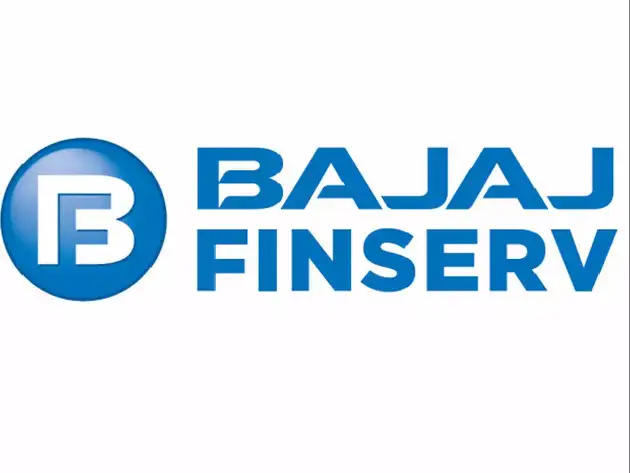Unlocking Africa's Green Potential: Innovative Finance Models for a Sustainable Future

Africa stands at a pivotal moment. Balancing economic growth with environmental sustainability is no longer a choice, but a necessity. Traditional finance models often fall short in addressing the unique challenges and opportunities presented by the continent’s drive towards a ‘greener’ future. This article explores the groundbreaking new financial models emerging across Africa, designed to unlock substantial investment in renewable energy, sustainable agriculture, and conservation efforts – paving the way for a more resilient and prosperous continent.
The Urgent Need for Green Finance in Africa
Africa possesses immense natural resources, but also faces significant environmental vulnerabilities – from climate change impacts to deforestation. Securing a sustainable future requires a fundamental shift in how investments are made and managed. Green finance, encompassing investments that generate environmental or social benefits, is crucial. However, simply replicating Western models isn't sufficient. Africa needs tailored solutions that consider its specific context, including diverse regulatory landscapes, varying levels of infrastructure development, and unique social and economic priorities.
Innovative Models Taking Root
Several exciting new financial models are gaining traction across the continent:
- Green Bonds: These debt instruments are specifically earmarked for environmentally friendly projects. Issuance is increasing, attracting both domestic and international investors. Nigeria, South Africa, and Kenya are leading the way in leveraging green bonds to fund renewable energy initiatives and sustainable infrastructure.
- Blended Finance: Combining public and private capital to de-risk investments in green projects is proving highly effective. This approach helps overcome the perceived risk associated with emerging markets and unlocks larger-scale investment flows. Development finance institutions (DFIs) are playing a key role in providing initial capital and guarantees.
- Impact Investing: Focused on generating both financial returns and positive social and environmental impact, impact investing is attracting a growing pool of capital to Africa. This includes investments in sustainable agriculture, eco-tourism, and clean technology startups.
- Climate Funds and Carbon Markets: Africa is increasingly participating in international climate funds and exploring opportunities within carbon markets. This provides access to crucial funding for mitigation and adaptation projects.
- Microfinance for Green Initiatives: Providing small loans to entrepreneurs and communities engaged in sustainable practices, such as solar energy installation and organic farming, is empowering local actors and fostering grassroots change.
Challenges and Opportunities
Despite this progress, challenges remain. Limited regulatory frameworks, a lack of standardized green definitions, and difficulties in measuring environmental impact can hinder investment. Building capacity within African institutions to develop and manage green finance instruments is also essential. However, these challenges also present opportunities for innovation and leadership.
Looking Ahead: A Catalyst for Sustainable Growth
The rise of innovative finance models in Africa represents a powerful catalyst for sustainable growth. By mobilizing capital towards green projects, these models are not only mitigating environmental risks but also creating new economic opportunities, fostering job creation, and improving the livelihoods of millions. Continued collaboration between governments, investors, and civil society will be critical to scaling up these efforts and realizing Africa’s full potential as a global leader in sustainable development. The future of Africa, and indeed the world, depends on it.




:max_bytes(150000):strip_icc()/GettyImages-2207298653-4f25a1ed1a3d4936ab9bc4b9a69af76a.jpg)

